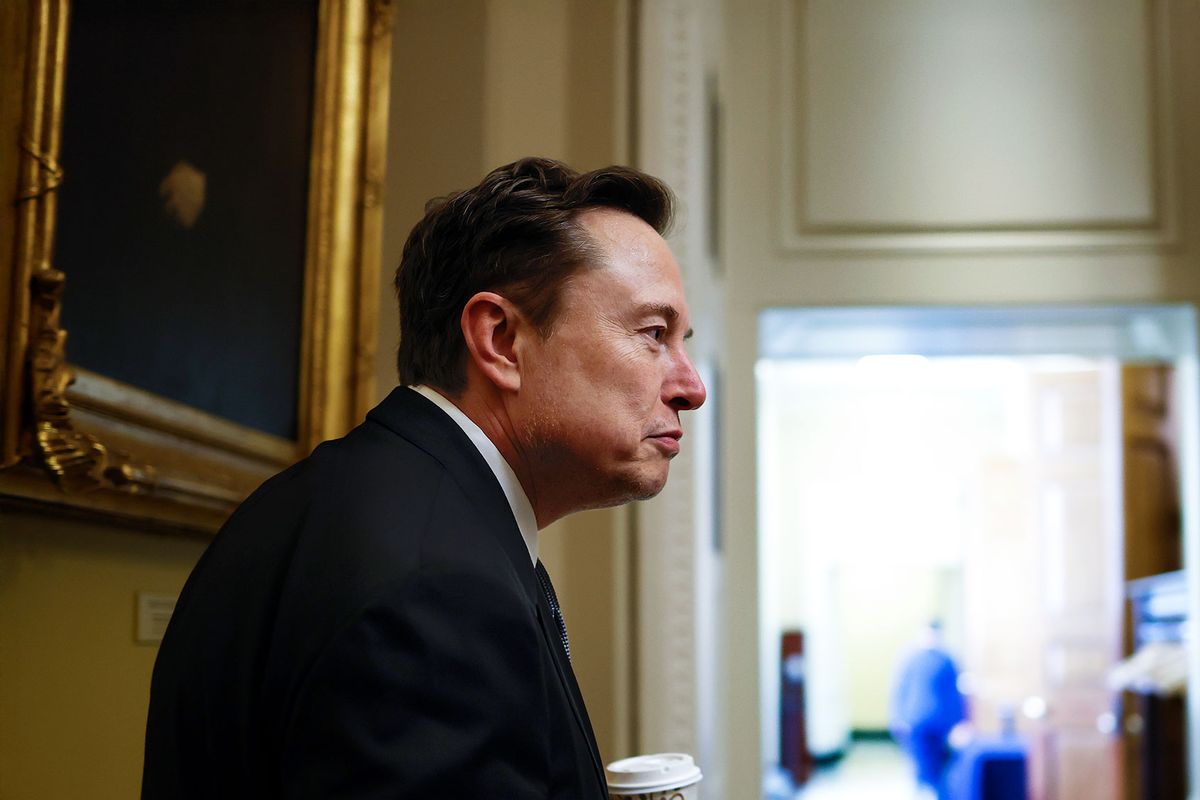Elon Musk, the billionaire whose support for Donald Trump has given him the president-elect's ear, is throwing his support behind Alternative for Germany (AfD), a far-right party that critics describe as xenophobic, extremist and perhaps even a successor to the Nazi Party.
“Only the AfD can save Germany,” Musk wrote in an X post on Friday. The post follows a series of endorsements for other far-right parties and leaders across Europe, including Italian Prime Minister Georgia Meloni and Reform UK chief Nigel Farage.
The AfD is on track to see its strongest election performance since 2013, when it was founded as a Euroskeptic party before embracing more strident ethno-nationalist views. Polls show the party winning the second-highest amount of votes ahead of the February 2025 election, setting it up to be the largest opposition party in the Bundestag.
The conservative Christian Democratic Union (CDU/CSU), helmed by Friedrich Merz, currently leads in the polls, with nearly double the support held by Chancellor Olaf Scholz's center-left Social Democratic Party (SPD). Trailing further behind are the Greens and Free Democratic Party (FDP), who both served as Scholz's erstwhile partners before the governing coalition collapsed last week.
A strong performance by the AfD would guarantee that no party gains a majority in the Bundestag. Merz has, for now, ruled out forming a coalition with the far-right.
AfD co-leader and chancellor candidate Alice Weidel welcomed Musk's endorsement. “Yes! You are perfectly right!” she posted, plugging an interview in which she blamed the "Soviet" European Union and "socialist" Angela Merkel, the former CDU/CSU chancellor of Germany, for her country's economic woes.
Musk has expressed support for the AfD before (despite one local imbroglio over a Tesla factory), writing in June that he does not understand why it is considered far-right, even as the AfD itself has provided reams of evidence.
The AfD's leader in Thuringia, Björn Höcke, once called Berlin's Holocaust memorial a "monument of shame" and called for a "180-degree turnaround" in Germany's remembrance of Nazi history. AfD co-chair Alexander Gauland spoke of fighting "an invasion of foreigners," while many influential blocs in the party subscribe to the belief that German citizens of migrant descent are not "properly German" and should be expelled. Indeed, in January 2024 senior AfD figures attended a secret meeting in which participants discussed a "master plan" for deporting millions of people with immigrant backgrounds, including naturalized citizens.
German authorities, citing publicly available data, classified the AfD as a "suspected extremist case" in 2021, a decision upheld by a high court earlier this year. That designation, part of a constitutional firewall against antidemocratic extremism set up after World War II, allows Germany's domestic intelligence agencies to monitor the party's activities and potentially apply the designation of "confirmed extremist," which could then open the way for a ban. The AfD's branches in Thuringia and Saxony, where the party has performed strongest, have already been classified as the latter.



Shares